
Table of Contents
As more travellers look for wellness experiences, the travel business is going through an exciting change. Travellers are now drawn to places and activities that improve their physical, mental, and social health. This is because people are becoming more health-conscious, want to grow as people, and want to get away from the stresses of everyday life.
Bali, Indonesia, is a great example of this trend. wellness tourism has grown by a crazy 20% every year, making Bali a global hotspot for people who want to find peace. From yoga getaways in beautiful settings to Ayurvedic spas and farm-to-table dining, the island has a wide range of experiences that can change your life.
Wellness travel is also on the rise around the world, and its double-digit growth is faster than standard tourism. By 2022, it is expected to have a value of $919 billion.
Wellness experiences have become the vibrant heartbeat of the travel industry in this exciting time of exploration. They invite travellers to take on a transformative journey that feeds the soul and refreshes the spirit.
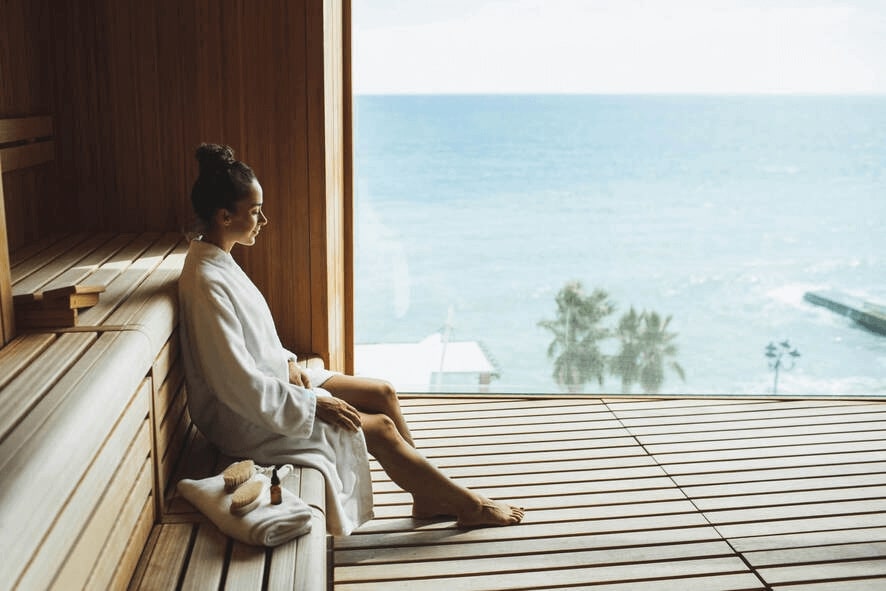
Understanding the Hospitality Wellness tourism Trend
Factors driving the growth of wellness travel:
- Health-conscious consumers: As people become more aware of the importance of maintaining a healthy lifestyle, they are increasingly seeking out experiences that promote physical and mental well-being. Wellness travel offers an opportunity to prioritize health while exploring new destinations and cultures.
- Stressful modern lifestyles: The fast-paced nature of modern life often leads to high levels of stress and burnout. Wellness travel provides an escape from daily pressures, allowing travelers to relax, rejuvenate, and find balance through activities such as yoga, meditation, spa treatments, and mindfulness retreats.
- Desire for personal growth and self-discovery: Many travelers are looking for experiences that foster personal development and self-discovery. Wellness travel offers opportunities to learn new skills, engage in transformational workshops, and participate in cultural and spiritual experiences that contribute to personal growth.
Located in Texas, Miraval Austin Resort & Spa offers signature wellness experiences and luxury accommodations. From glamping paired with full spa and wellness facilities at Deer Lake Lodge to Canyon Ranch Woodside in California, there are plenty of options available for those seeking a relaxing getaway.
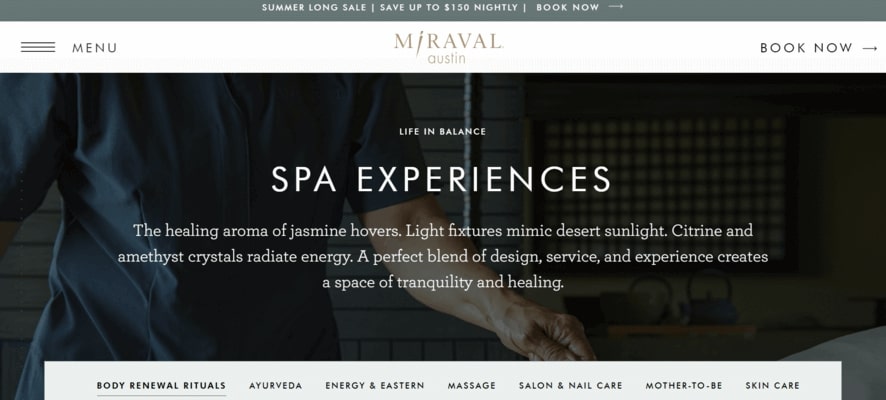
The Benefits of Hospitality Wellness Experiences
Physical and mental health
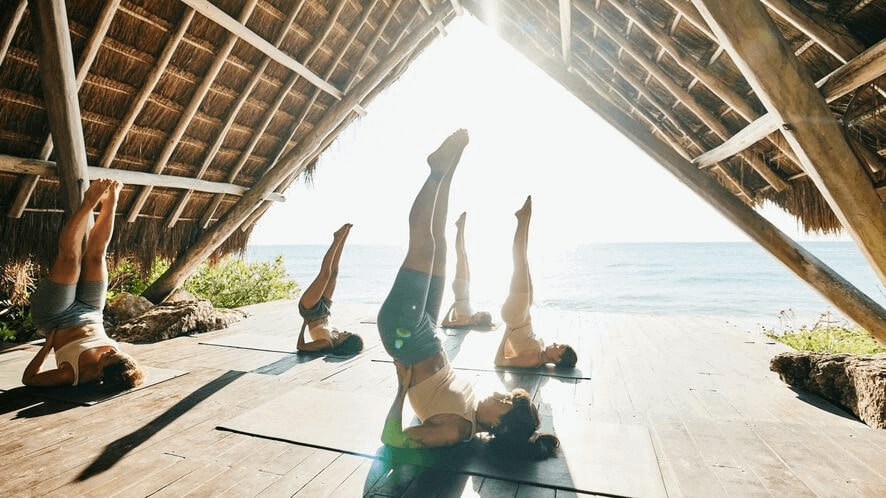
Engaging in wellness activities while traveling can provide numerous physical and mental health benefits. These activities not only enhance the overall travel experience but also help travelers maintain a healthy lifestyle even when they are away from home.
- Improved fitness: Engaging in physical activities such as yoga, hiking, or swimming helps to maintain and improve cardiovascular health, build strength, and increase flexibility.
- Weight management: Staying active while traveling can help to burn calories, which aids in weight management and prevents weight gain often associated with vacations.
- Boosted immune system: Regular exercise and stress reduction techniques can strengthen the immune system, making it easier for the body to fight off illnesses and infections.
- Reduced stress and anxiety: Wellness activities such as meditation, mindfulness practices, and spa treatments can help to reduce stress and anxiety by promoting relaxation and improving emotional regulation.
- Enhanced mood: Physical activities release endorphins, which are known to elevate mood and reduce feelings of depression. Additionally, relaxation techniques can improve emotional well-being and create a positive outlook.
- Greater mental clarity and focus: Mindfulness practices, meditation, and engaging in physical activities can improve cognitive function, mental clarity, and focus, allowing travelers to better enjoy and appreciate their surroundings.
stress reduction
- Improved physical health: Wellness experiences often involve physical activities such as yoga, hiking, swimming, or tai chi, which help to strengthen the body, improve flexibility, and boost cardiovascular health.
- Enhanced mental well-being: Activities like meditation, mindfulness, and deep relaxation techniques can significantly reduce stress and anxiety levels by calming the mind and promoting mental clarity.
- Emotional balance and resilience: Wellness experiences often emphasize emotional self-awareness and expression, helping individuals better understand and manage their emotions.

AdZENtures in downtown Austin is a great option for those seeking a holistic wellness experience. They offer yoga classes for all levels of experience as well as meditation sessions to help you find inner peace. Outside of the studio, they provide outdoor activities such as hiking and biking to get your body moving. To top it off, they also host workshops on topics such as nutrition and mindfulness to help you reach your health goals.
Integrating Wellness into Accommodation and Facilities
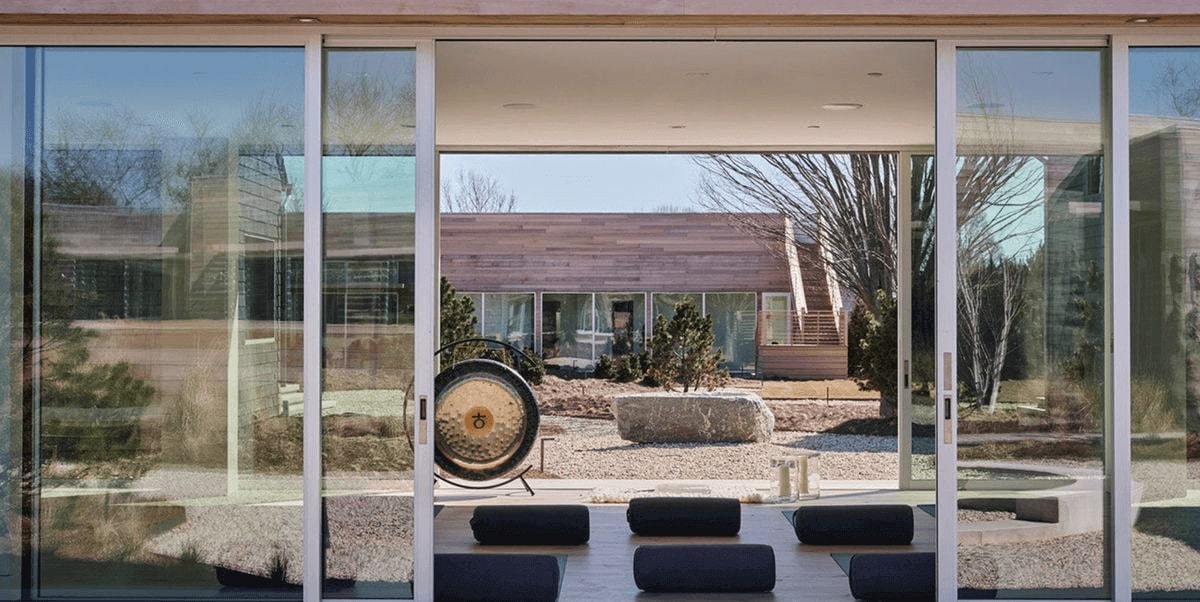
Designing hotel rooms and facilities to support wellness practices
Designing hotel rooms and facilities with wellness practices in mind can greatly enhance the guest experience and promote overall well-being. Here are some key elements to consider when creating a wellness-focused environment in hotels:
- Natural lighting and views: Maximize natural light in hotel rooms and common areas by incorporating large windows, skylights, or glass walls. Providing guests with views of nature or green spaces can also contribute to relaxation and stress reduction.
- Air quality and ventilation: Ensure proper ventilation and air filtration systems are in place to maintain optimal indoor air quality. Consider using air purifiers, plants, or aromatherapy diffusers to further improve the air quality and create a more relaxing atmosphere.
- Comfortable and ergonomic furniture: Provide comfortable and ergonomic furniture in hotel rooms that support proper posture and relaxation. This includes high-quality mattresses, adjustable chairs, and ample workspace for guests who need to work during their stay.
Incorporating wellness amenities such as gyms, spas, and wellness centers
Incorporating wellness amenities such as gyms, spas, and wellness centers in the travel industry can significantly enhance the guest experience and cater to the growing demand for health and well-being focused travel.
- Design and equip on-site fitness centers with a variety of exercise equipment, group classes, and personal training sessions.
- Create spa facilities offering a range of services such as massages, facials, and body treatments, along with relaxation areas, saunas, steam rooms, and hot tubs.
- Develop dedicated wellness centers that provide services like nutrition consultations, mindfulness workshops, and stress management programs.
The Westin Hotels & Resorts is one of the top choices for those seeking an upscale experience with plenty of fitness amenities. With their signature Heavenly Bed and Spa, guests can enjoy access to in-room exercise equipment such as yoga mats and free weights. The Westin also offers complimentary access to their 24-hour fitness center with state-of-the-art cardio machines and weight training equipment.
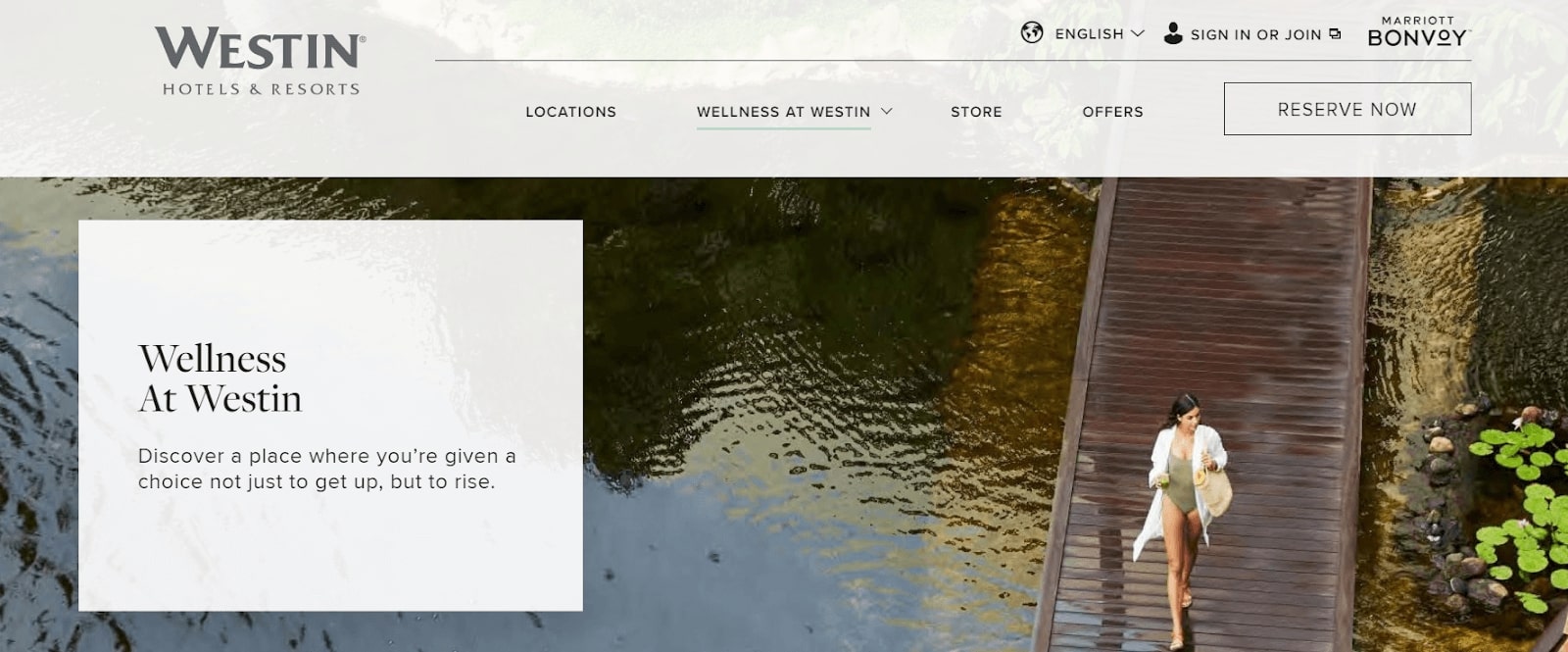
Wellness-Focused Dining and Culinary Experiences
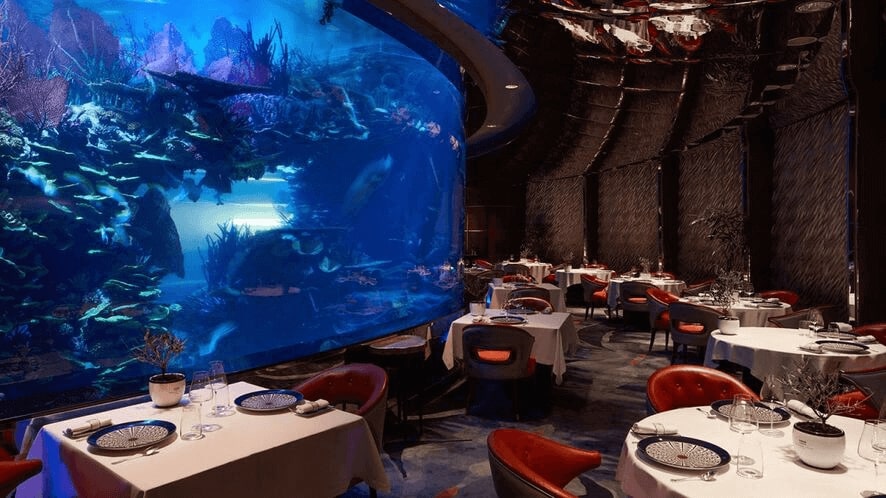
Emphasizing nutritious and locally sourced ingredients in hotel menus can greatly benefit both the guests and the hotel itself. This approach not only supports guest health and well-being but also contributes to environmental sustainability and the local economy.
Emphasizing nutritious and locally sourced ingredients in hotel menus
- Collaborate with local farmers and producers: Establish partnerships with local farmers, fishermen, and artisanal food producers to source fresh, seasonal, and organic ingredients.
- Design seasonal menus: Create menus that change with the seasons to make the most of fresh, locally available ingredients. Seasonal menus can offer a diverse range of dishes and flavors, keeping the dining experience interesting for guests.
- Highlight healthy options: Clearly label and promote healthy menu items, making it easy for guests to identify nutritious choices. Offer a variety of options catering to different dietary preferences and restrictions, such as vegetarian, vegan, gluten-free, and low-calorie dishes.
Offering wellness-oriented dining options and dietary accommodations
- Create a dedicated wellness menu section: Offer a separate section on the hotel menu specifically focused on wellness-oriented dishes. These options should be nutrient-dense, made with whole foods, and cater to various dietary preferences such as vegetarian, vegan, and gluten-free.
- Provide customizable meal options: Allow guests to customize their meals by offering a variety of ingredient choices and preparation methods. For example, offer a build-your-own salad or grain bowl station, or allow guests to choose between grilled, steamed, or baked proteins.
- Offer allergen-free accommodations: Clearly label menu items containing common allergens (e.g., nuts, dairy, gluten) and provide allergen-free alternatives upon request. Train kitchen staff on proper food handling procedures to avoid cross-contamination and ensure safe dining experiences for guests with food allergies or sensitivities.
A wellness retreat at a luxury resort featuring organic spa treatments and beauty workshops is the perfect way to relax and restore your body and mind. The Chateau Spa & Organic Wellness Resort, located 45 minutes from Kuala Lumpur City, offers an array of organic spa treatments, beauty workshops, cookery classes, as well as healthy organic meals to help maintain optimum wellbeing.
The resort also features a farm-to-table restaurant with an organic and plant-based menu. With stunning mountain views, the 25m pool provides restorative therapies using local herbs, spring water and honey for a truly unique experience.
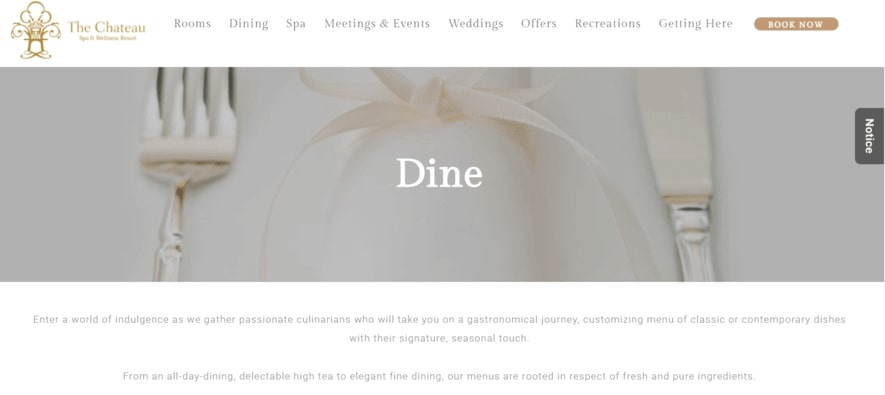
Mindfulness and Wellness Activities
Providing opportunities for mindfulness and relaxation practices
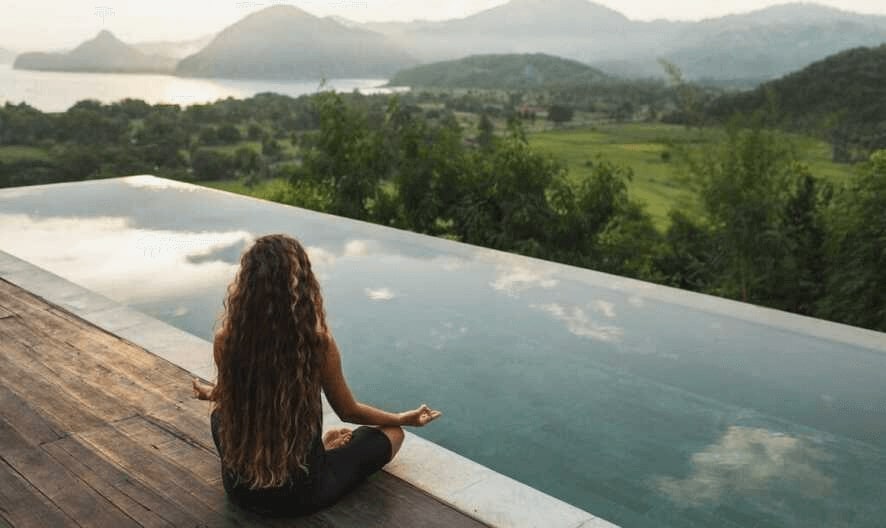
Offering opportunities for mindfulness and relaxation practices in hotels or resorts can significantly enhance the guest experience, helping them unwind and recharge during their stay.
- In-room resources: Equip guest rooms with mindfulness and relaxation resources, such as guided meditation audio tracks, calming music, or books on mindfulness practices. Provide items like yoga mats, eye masks, or aromatherapy diffusers to further encourage relaxation.
- Digital detox options: Encourage guests to unplug and focus on mindfulness by offering digital detox packages or promoting device-free zones within the hotel. This could include providing lockboxes for electronics or creating designated screen-free relaxation areas.
- Sound therapy sessions: Organize sound therapy sessions, such as crystal bowl or gong sound baths, to help guests relax and achieve a meditative state through the power of sound and vibration.
Offering yoga, meditation, and mindfulness workshops for guests
Offering yoga, meditation, and mindfulness workshops for guests can significantly enhance their stay by promoting relaxation, well-being, and mental clarity.
- Diverse yoga classes: Offer a variety of yoga classes catering to different skill levels and styles, such as Hatha, Vinyasa, Yin, or Restorative yoga. Schedule classes throughout the day to accommodate guests’ varying routines and preferences.
- Guided meditation sessions: Organize daily guided meditation sessions led by experienced instructors, focusing on techniques that promote relaxation, stress reduction, and mental clarity. These sessions can be offered in dedicated meditation spaces or outdoors, depending on the location and weather conditions.
- Mindfulness workshops: Host workshops or seminars that teach guests practical mindfulness techniques they can incorporate into their daily lives. Topics can include mindful eating, breathwork, body scans, or loving-kindness meditation. Partner with local experts or bring in guest speakers to facilitate these workshops.
Located on the beautiful Pacific Ocean, Kauai Beach Resort & Spa offers daily morning yoga classes overlooking the ocean. In addition to yoga, they offer guided meditation classes and nature walks to help guests relax and unwind.
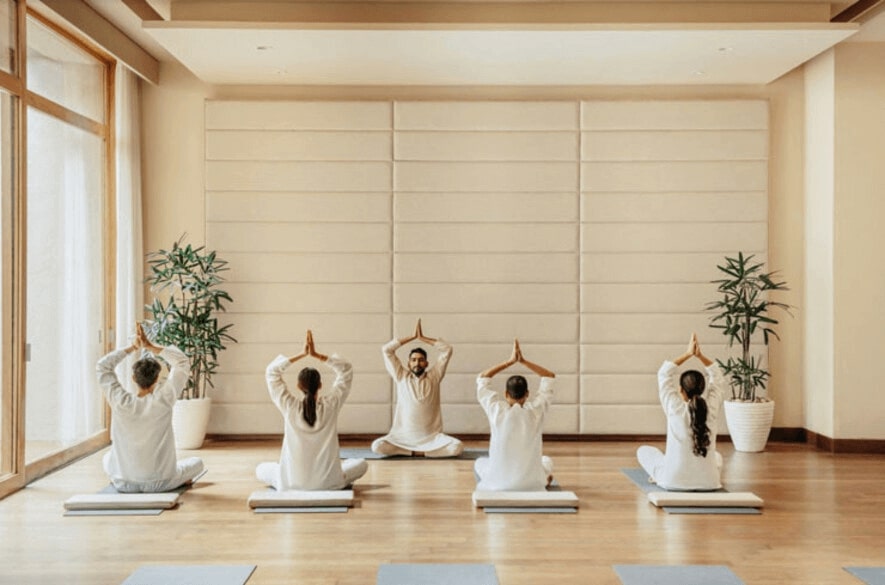
Conclusion
In conclusion, providing guests with a diverse range of cultural activities, such as traditional spa treatments and wellness rituals, can significantly enhance their overall experience at your hotel or resort.
By incorporating these authentic, immersive experiences into your offerings, you not only help guests connect with the local customs and traditions but also promote their well-being and relaxation during their stay. As the demand for unique and enriching travel experiences continues to grow, embracing local culture and wellness practices will set your establishment apart and create lasting memories for your guests.
So, go ahead and explore the myriad ways to infuse your hotel or resort with the richness of local traditions, and watch as it transforms into a haven for those seeking rejuvenation, cultural immersion, and unforgettable moments.


